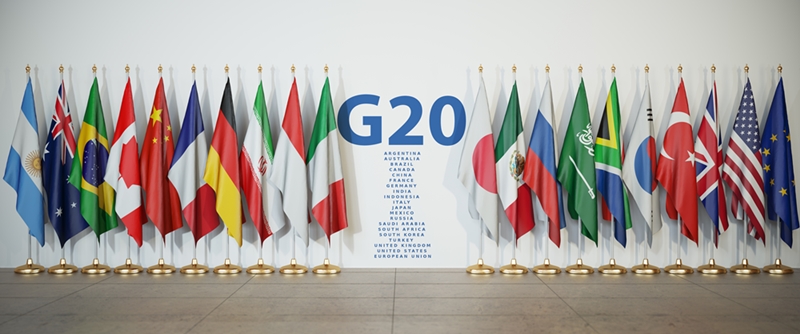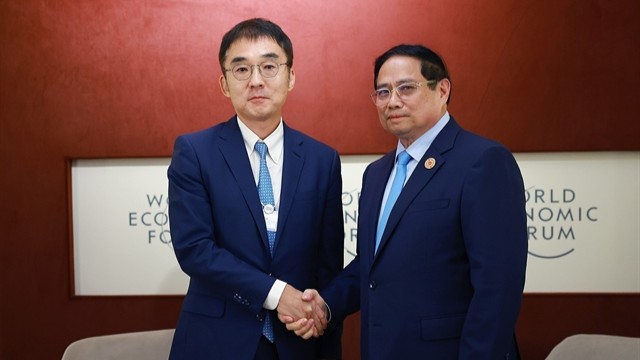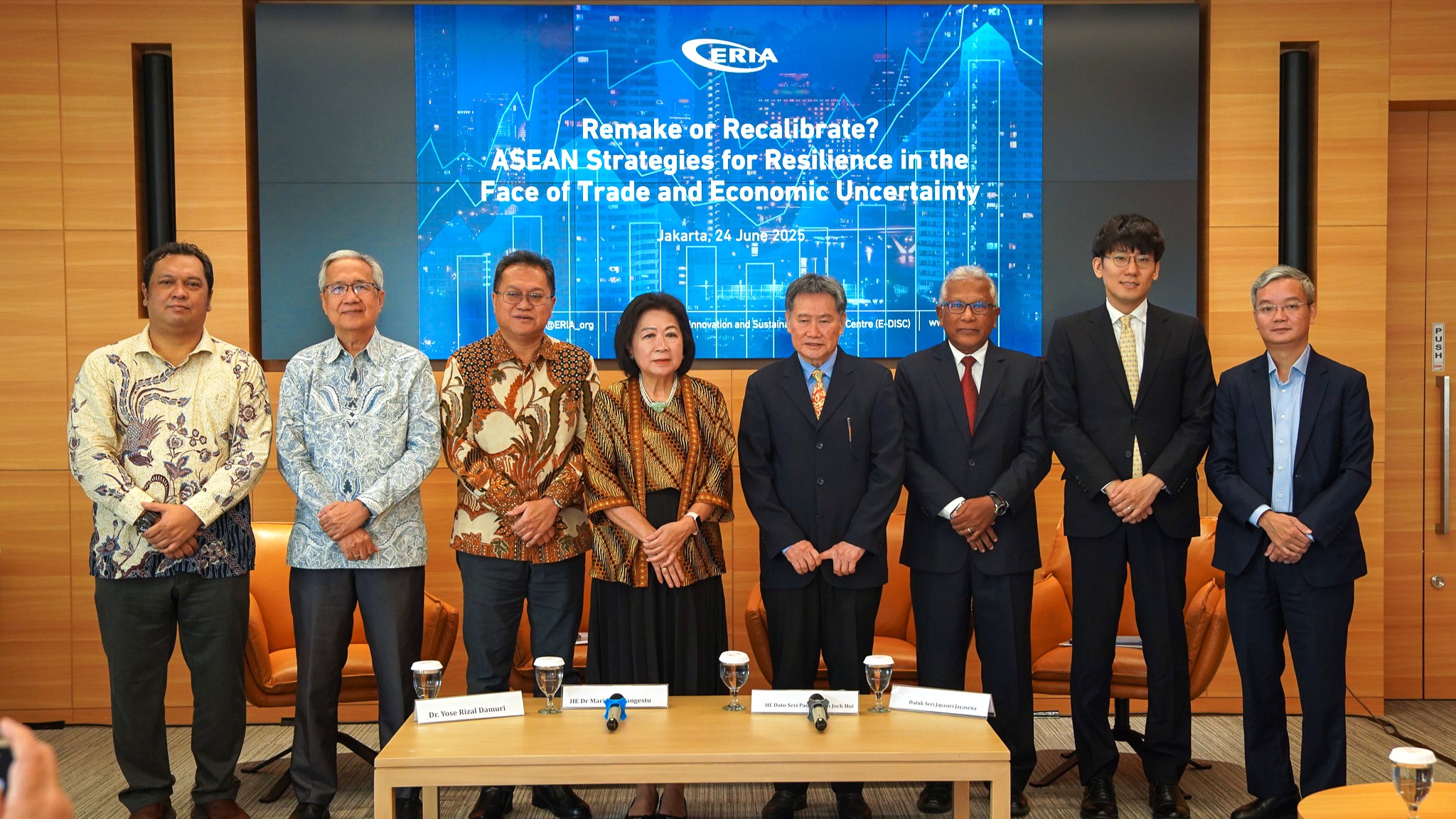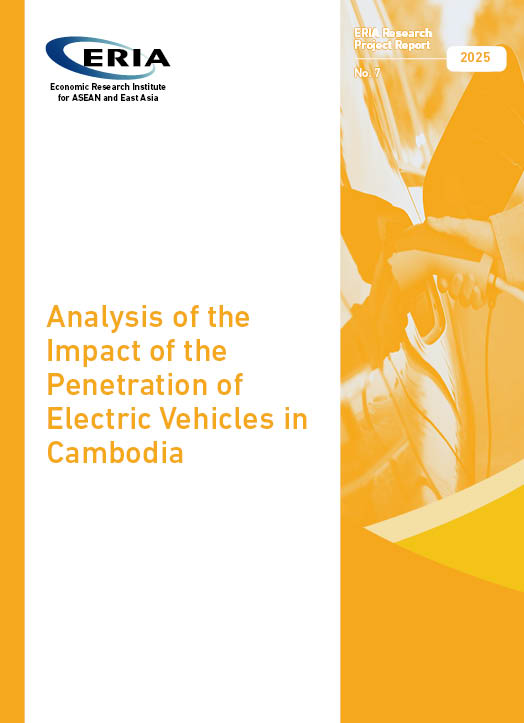Strengthening Global Governance & Multilateralism
Date:
3 June 2019By:
Anita PrakashCategory:
OpinionsShare Article:
Print Article:
By Anita Prakash, Director for Policy Relations: Global governance systems must resonate with the interests of all of their members – small or large, developed or developing – including those that have special or differential requirements. Multilateral governance bodies are mandated to represent the interests of all their member countries. The list of global governance issues addressed by multilateral bodies is long: human rights, human development, labor, health, peace, conflict, disarmament, communication, finance, and environment. Trade and economic integration, however, have been the most visible aspects of international cooperation in the past year.
The three major elements in global governance – the consensus, rules, and membership of multiple national governments – require a binding mode of interaction. Multilateralism facilitates such interaction and helps sustain the rules-based global order. The process of global governance and the spirit of multilateralism can prevail at several levels – global, regional, subregional, bilateral, and trilateral. Multilateralism also provides for innovation in connectivity and cooperation mechanisms among countries and regions, and facilitates reaching out to new partners.
The spirit as well as the practice of global governance and multilateralism have suffered serious setbacks. The global financial crisis of 2008 brought home the strong message of the need for multidimensional development of all people. Sharing the benefits of globalization and resultant prosperity, and making growth inclusive became the byword for policymakers across the globe. At the G20 Summit in Hamburg in July 2017, leaders noted and forewarned against the global headwinds that are challenging policies aimed at promoting openness and growth in the global economy. The leaders recognized that risks to the global outlook persist in the context of economic and geopolitical uncertainty, continued financial volatility, global excess capacity in industrial sectors, the challenges faced by commodity exporters, and persistent low inflation. The challenges faced by multilateral agencies are slowing down the response mechanisms of member countries. Against such a backdrop, G20 leaders reaffirmed that they stand ready to use all policy tools to foster confidence and achieve strong, sustainable, and balanced economic growth. To achieve this, cooperation amongs the multilateral institutions is important.
Currently, the multilateral system of trade governance and cooperation for economic growth is under stress, induced mostly by world’s two largest economies. Individual positions of the US and China on tariffs, disputes, and economic cooperation are overshadowing the multilateral governance systems. Trade facilitation measures, long considered the pathway for improved prosperity, are at risk of being delayed or even overlooked. This would be detrimental for developing and developed countries alike in Asia and Europe. The smaller and more economically vulnerable countries are at greater risk of being left behind.
The uncertainties created by Brexit in Europe, the withdrawal of the US from the Trans-Pacific Partnership Agreement and the Paris Agreement, the stalemate in the World Trade Organization (WTO) and its Dispute Settlement Mechanism (DSM) body, and the tariff war between the US and China are still being assessed for their impact on regional investment and trade. These are further clouded by the rising support for trade restrictiveness, national security, and intellectual property rights issues. In sum, global governance and multilateral systems are under unprecedented strains.
Against this background, the G20 meeting in Osaka in June faces a challenging task to produce an inclusive strategy to resolve the tensions around global governance and reinstall the consensus in multilateral systems.
Strengthening Global Governance Mechanisms for Economic & Financial Cooperation
The Hamburg Summit in 2017 declared that mastering the challenges of our age and shaping an interconnected world is the common goal of the G20, which will act as the premier forum for international economic cooperation. In 2018, the G20 agreed to take concrete actions to advance greater economic integration. It underlined the crucial role of the rules-based international trading system. In particular, it committed to working together with all WTO members to improve the functioning of the WTO and to cooperate to ensure the effective and timely enforcement of trade rules and commitments as well as improve the organization’s negotiating, monitoring, and dispute settlement functions.
2019 has already witnessed an intensified and escalated trade dispute with increasing adverse effect on the global economy. What should be more worrying for the G20 leaders is that the disregard for consensus and rules in trade and economic cooperation have spilled over into other significant policy areas of agriculture, environment, sustainable development and cooperation in financial measures such as taxation. The participation of diverse economies and leading international organizations, such as the United Nations, International Monetary Fund, World Bank, World Trade Organization, Financial Stability Board, and the Organization for Economic Cooperation and Development is meant to create a policy impact on the G20 and ensure that its focus is truly global. The G20 Africa Partnership is a special vehicle of global governance and multilateralism to support African countries as well as the goals of the 2030 Agenda.
Supporting Global Governance & Multilateral Institutions Will Strengthen G20’s Mandate
As the chair of the G20 in 2019, Japan should have both the resolve and the voice to provide the multilateral and intergovernmental bodies with a greater and more granular understanding of domestic and regional concerns of Asia, Europe, North America and Latin America. When the top two economies of the world have their sights away from the need for international cooperation and consensus, Japan may well take the lead in bringing like-minded economies together for a feasible action plan for expediting the work on inclusive and sustainable growth, addressing important issues before agriculture sector, taking the consensus on Paris Agreement forward, creating remedial growth plans for the digital economy, drawing contingency plans for transnational livestock diseases like the African Swine Fever, and many other intergenerational issues which require global attention and action. Japan enjoys the trust of all developing and developed economies which remain open to cooperation, consensus and a rules-based multilateral order. The capacity for trade rivalry between the US and China can undermine consensus as witnessed in the APEC’s missing communique in November 2018 in Papua New Guinea. The Osaka G20 summit takes place when the US-China acrimony overshadows equitable and balanced discussions in a multilateral setting. Japan is expected to walk the talk that Prime Minister Shinzo Abe made in the United Nations General Assembly in November 2018:
“The goal of Japanese diplomacy, (which I conveyed to you to some extent today,) is to make the future of the world and the region something that is certain.”
The global and interconnected character of the challenges to the global economy calls for solutions that transcend national borders. Multilateralism itself requires an integrated approach that promotes the effective use of partnerships among multiple countries, regions, and regional institutions for resolving common economic and financial issues. The Osaka summit of G20 will therefore be a test of member countries’ resolve, Japan’s leadership and multilateral organizations’ preparedness towards an action plan for restructuring global governance institutions and agreements. This will also strengthen the very foundation on which the G20 is conceptualised – bringing people, places, and economies closer than before - for common goals of growth and prosperity.
-------
This opinion piece was written by ERIA's Director for Policy Relations, Anita Prakash, and has been published in The Jakarta Post. Click here to subscribe to the monthly newsletter.








